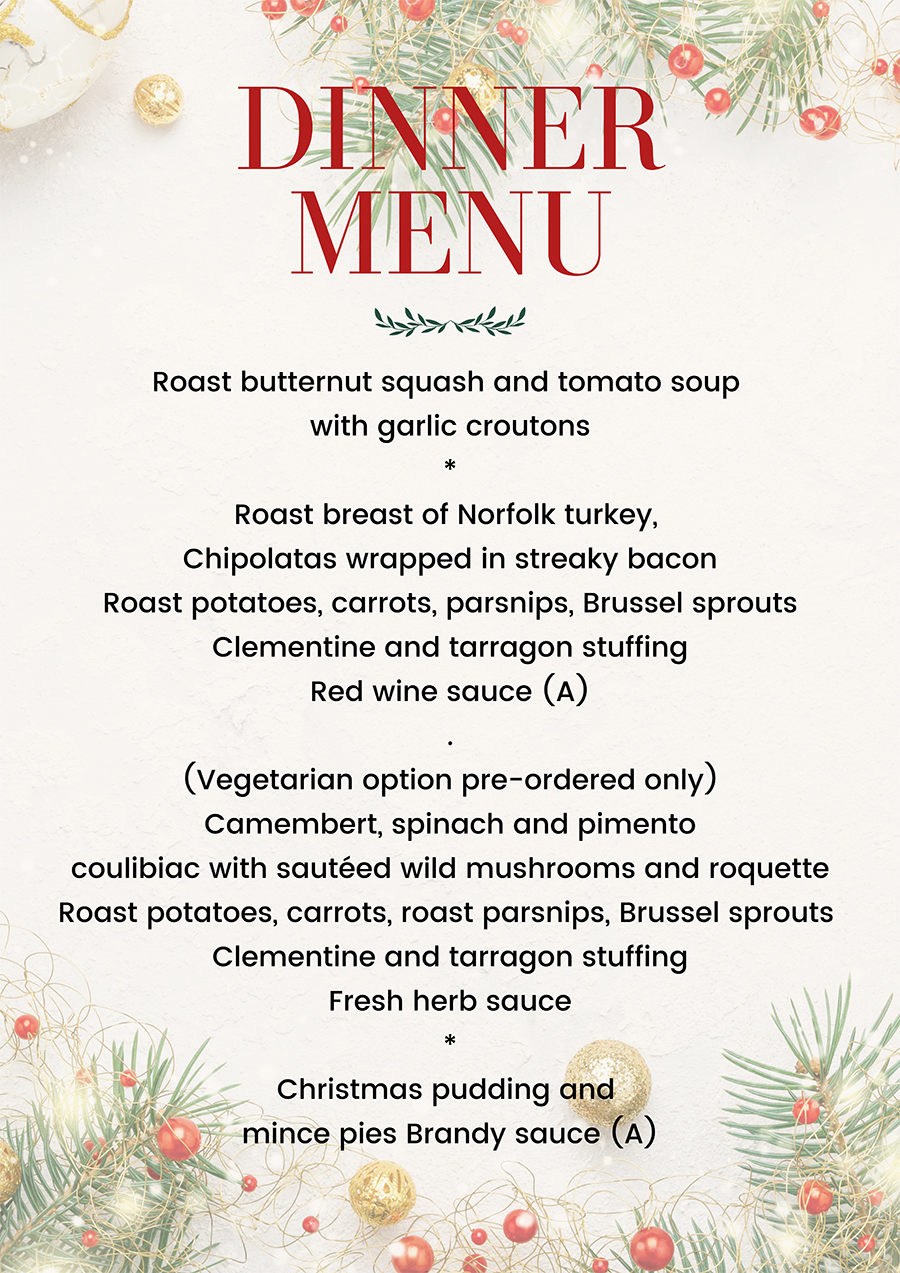Dr Scott Annett part of an ongoing project for students from underrepresented backgrounds in the North West
Robinson’s Senior Tutor, Dr Scott Annett, had the pleasure of delivering a series of workshops in English to over 100 Year 8 students in Rochdale Town Hall last month, introducing the pupils to the weird and wonderful world of medieval literature! It was fantastic to meet such an engaged and ambitious group of students from 17 different schools in Rochdale and its surrounding areas.


